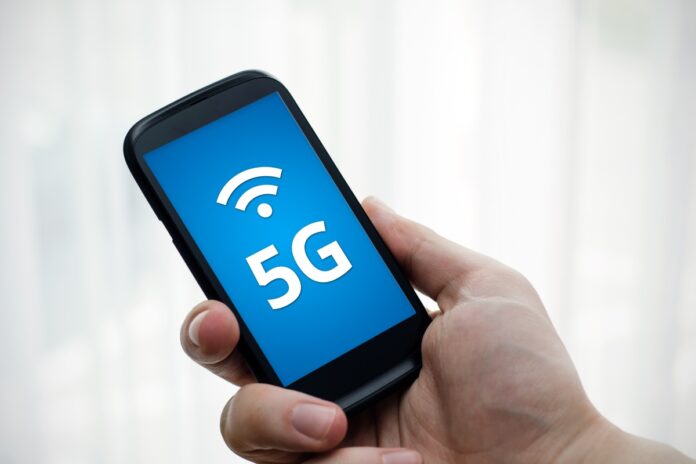The cessation of legal hostilities is a boost to 5G: after two years’ legal wrangling, Qualcomm will supply the chips for Apple’s next-generation iPhones.
Although smartphones are only expected to be a small part of the 5G market – the technology is designed to billions of interconnected devices in IoT applications rather than communications between people – it has lifted a storm cloud that was hovering over 5G.
It’s a particularly interesting development in the light of Huawei’s recent statement that it has no commercial contracts for 5G equipment in mainland China.
The US Administration has been pressurising countries to keep Huawei equipment out of 5G for a complex mixture of reasons, including fears that US 5G equipment manufacturers would be eclipsed by the Chinese giant.
Sudden changes
Intel, which until days ago was insisting it was on schedule to deliver the modems for Apple’s next generation of iPhone’s, has pulled out. It says it will concentrate on developing the silicon for 5G infrastructure not consumer devices.
There had been speculation that Intel would not be able to meet Apple’s 2020 deadline, but it is not clear whether it’s decision to pull out of the 5G handset market prompted the reconciliation between Qualcomm and Apple or not.
Malik Saadi, VP of strategic technologies at tech advisory ABI Research, noted, “The two announcements are interrelated and look very well coordinated…it is a clear admission by Apple that Qualcomm is an unavoidable partner when it comes to 5G mobile innovation.”
Details of the global settlement between Apple and Qualcomm are not known, but they signed six-year licensing agreements and Qualcomm will be the major supplier of 5G modems in iPhones.
“Saadi said, “Now that Apple has switched back to Qualcomm as 5G modem partner, the pressure is on Qualcomm to demonstrate they can succeed where Intel failed – enabling Apple to bring 5G to iPhone in 2020 and differentiate effectively in what is going to be a highly competitive market.”
After the announcement, the chipmaker’s share price rose by 24% and Apple’s prospects were widely seen to have improved after falling iPhone sales prompted in part by a lack of differentiation from other devices on the market.
Legal quarrels
Apple and many of its biggest suppliers had accused Qualcomm, which makes about two-thirds of its income from licensing fees, of having a de facto monopoly and exploiting that position by overcharging for those fees. It had a $30 billion claims against the chipmaker.
Qualcomm counter-sued Apple for handing its intellectual property to its rival Intel so that it could supply Apple’s chips.
The two-year legal war raged in a number of countries and was one of most expensive ever in the litigious tech sector. The latest round had just got underway in court when the agreement was announced.



